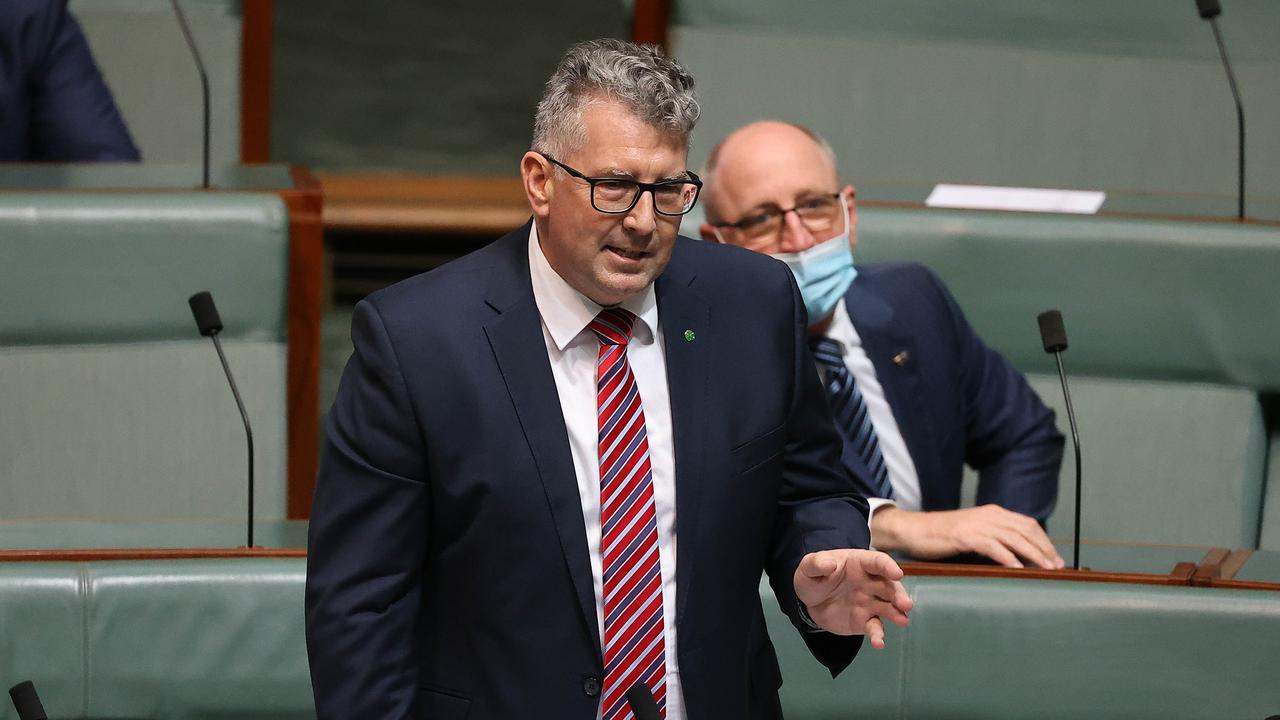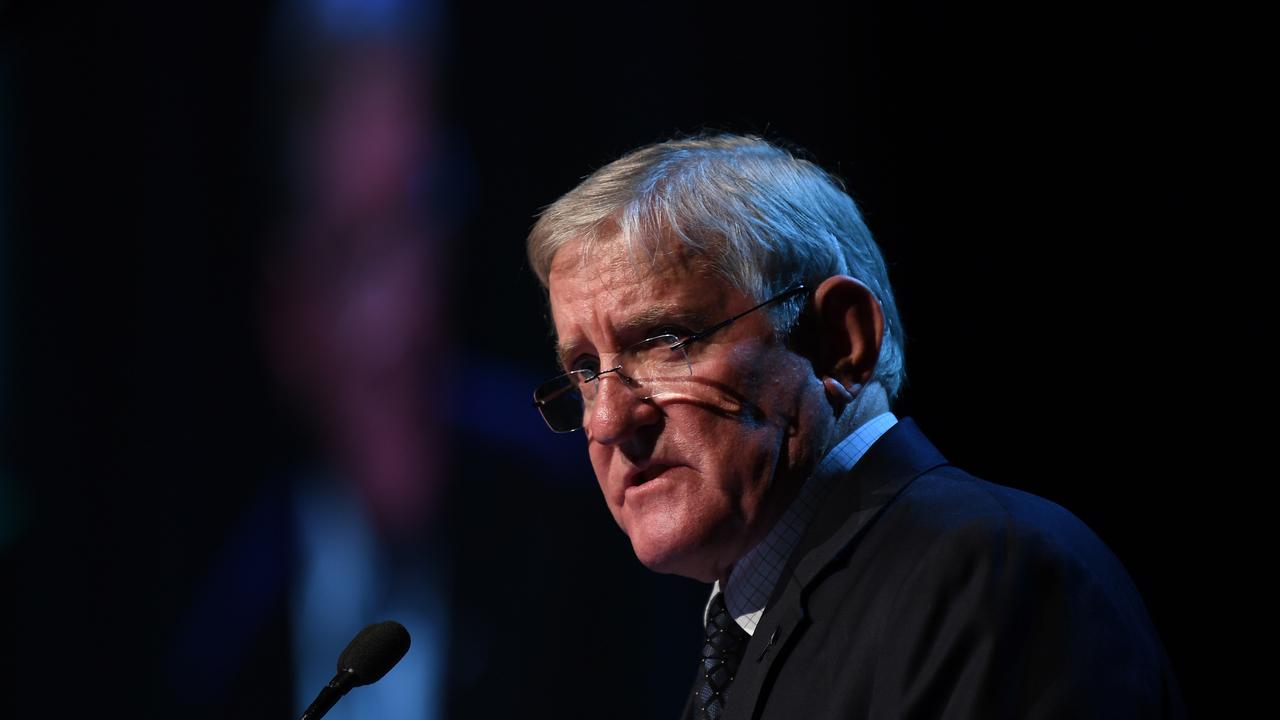Russia’s loss, Adani’s gain? What Russian coal ban means for QLD
Australian mining companies will be the likely beneficiaries if moves to ban Russian coal are enforced in the wake of atrocities committed in Ukraine.
QLD News
Don't miss out on the headlines from QLD News. Followed categories will be added to My News.
Australian mining companies – including the company formerly known as Adani – are set to become surprise beneficiaries if the EU pushes ahead with a ban on Russian coal in retaliation for atrocities committed in Ukraine.
Industry sources have said Australia is primed to step up to fill some of the gap in the event the ban moves ahead – with Russian imports making up 60 per cent of Europe’s thermal coal market and 30 per cent of the metallurgical, or steelmaking, coal.
Resources Minister Keith Pitt said his office had been putting potential European buyers in touch with Australian suppliers in recent weeks.

“It’s not about an opportunity, it’s about Australia standing with friends and allies in their time of need, we’ll be looking to help where we can,” he said.
Mr Pitt said there were capacity challenges, with Australia making up just 4 per cent of global thermal coal production, but companies would be looking to ramp up production where possible.
“In a real twist, the one with the highest potential is Adani (now known as Bravus),” he said.
A Bravus Mining and Resources spokesman said the company did not discuss individual customers, either secured or speculative.
“Like every other Australian coal producer, we are aware of European interest in available supply of high-quality thermal coal,” he said.
Many European coal-fired power stations rely on high-calorific, low sulphur coal, which Australia is able to produce, though there is limited capacity to expand production in many cases.
The Queensland Resources Council boss Ian Macfarlane also confirmed any move by Europe to ban Russian coal would open up new potential markets to Australia, particularly for steelmaking coal.
“The challenge at the moment is to increase production to meet the new demand. Queensland mines are already operating at capacity to meet existing customer contracts,” he said.

The most likely regions to fill any supply gap created by a Russian ban are considered to be South America, several African nations and Australia.
The Australian economy could also benefit even if its companies do not redirect coal to Europe, as industries sources say cutting out Russia’s exports would create a supply shock and drive prices beyond already record levels.
There would also be opportunities to increase trade with existing customers in the Asia Pacific, if more coal from other nations was redirected to Europe.
Metallurgical coal, used for making steel, hit a record $650 a tonne recently and thermal coal reaching $280 a tonne – well up from budgeted for prices of $130 a tonne and $60 a tonne respectively.
Constraints on Australian production would include how much volume could be put through coal handling a processing plants, road or rail constraints in reaching ports and ports capacity to handle increased product.
A record $110 billion in Australian coal is expected to be exported by the end of the financial year.




